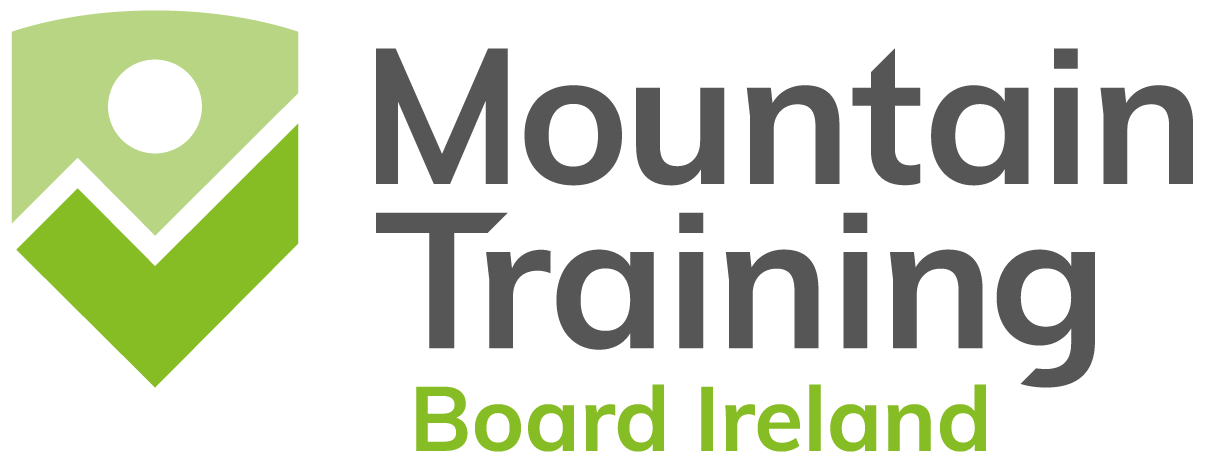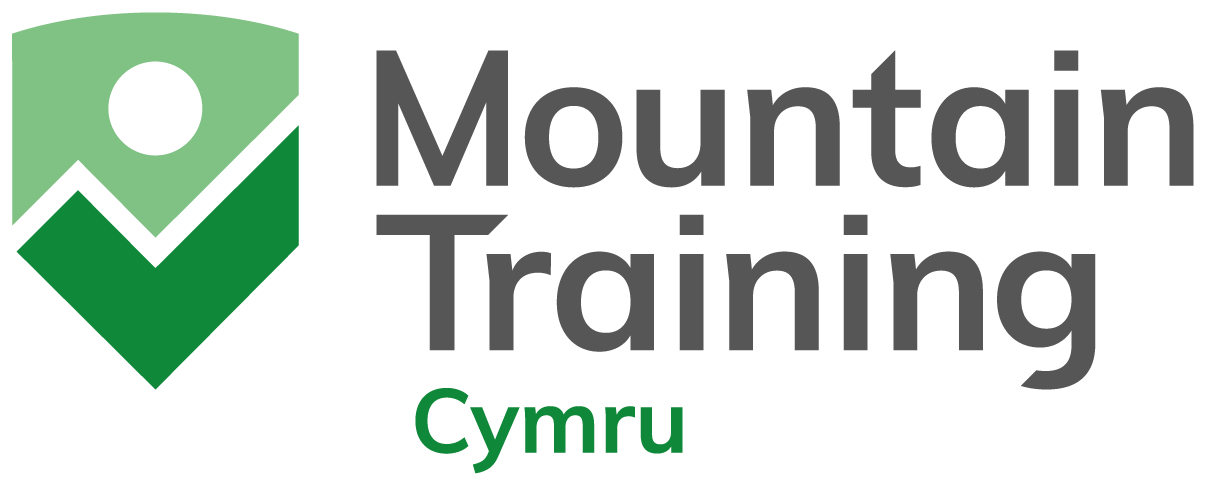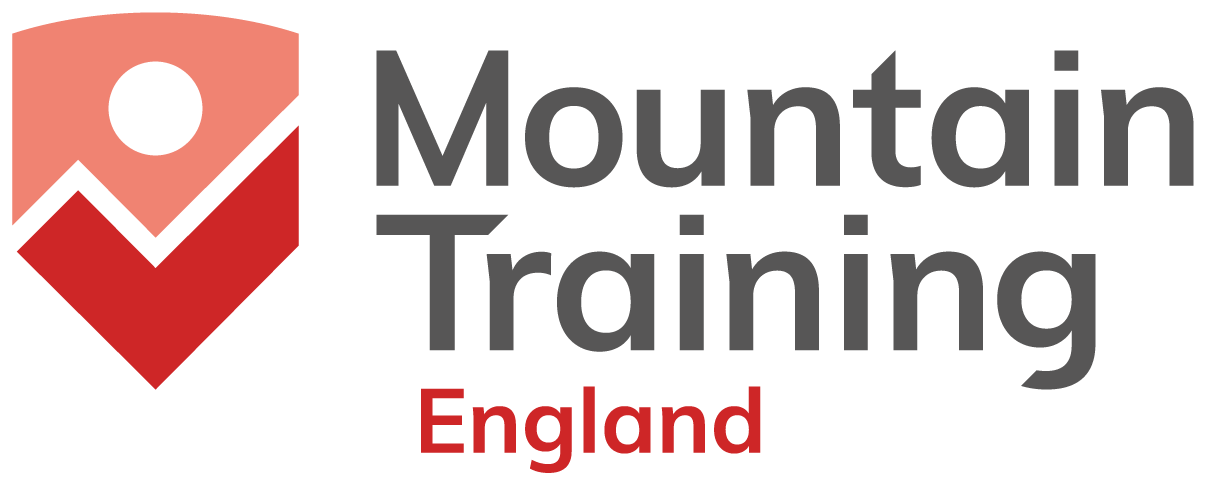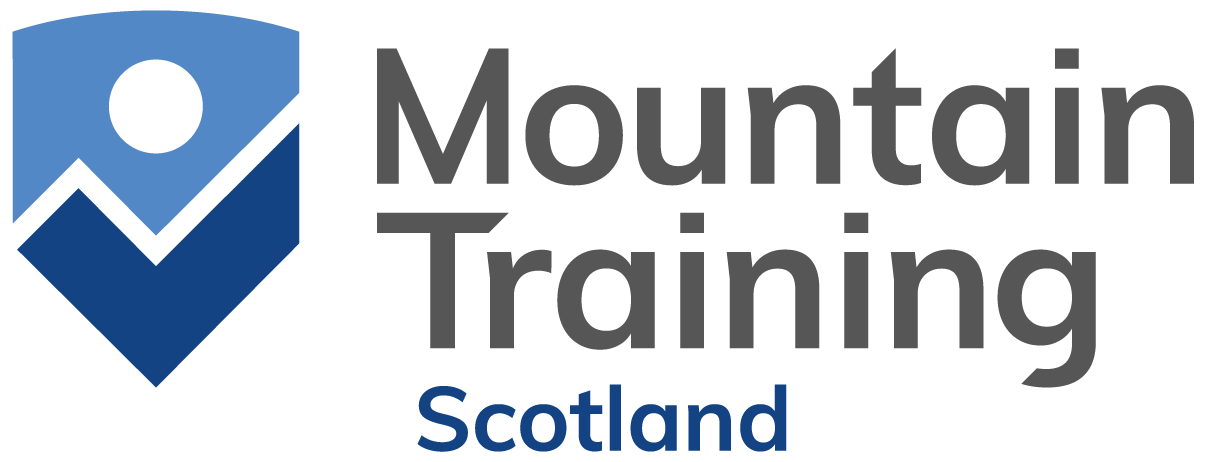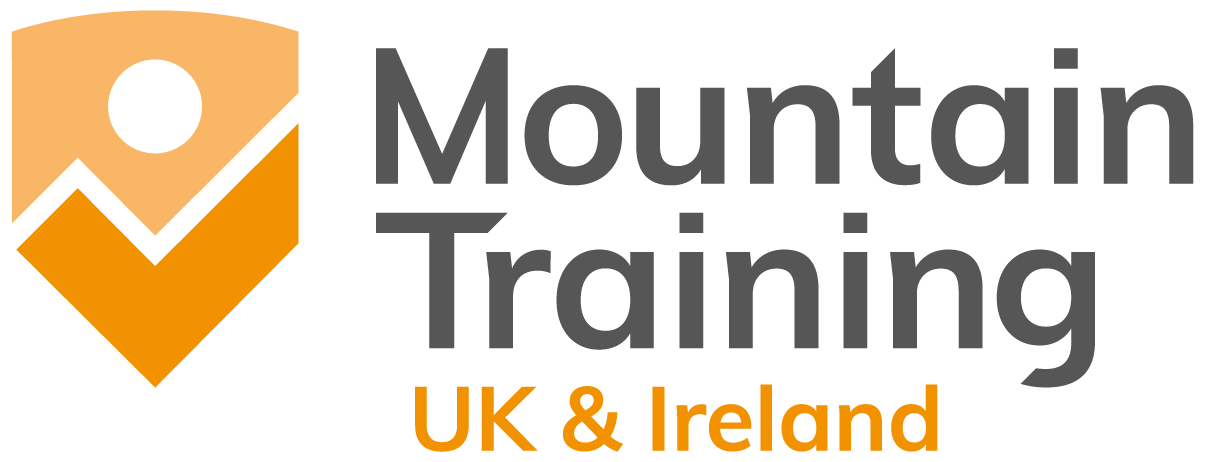Cookie Settings
This site uses third-party website tracking and analytical technologies to help us improve the user experience.
Privacy Policy
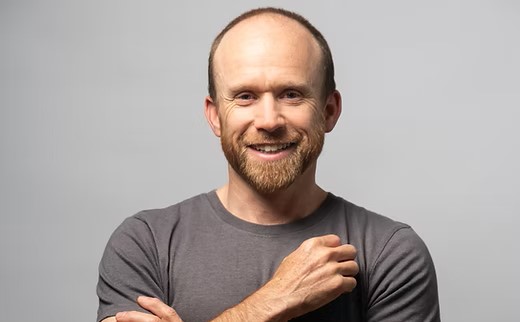
About John:
John Kettle is a passionate rock climber and Performance Coach based in the Lake District. His passion for climbing has seen him gain extensive experience across multiple disciplines since 1995, including first ascents in trad, sport, bouldering and ice climbing. He has coached climbers of all abilities for more than 15 years in trad and sport climbing and bouldering. He is also a qualified WMCI.
John has also published a bestselling book on climbing technique – Rock Climbing Technique: The practical guide to movement mastery.
https://www.johnkettle.com/product-page/rock-climbing-technique-paperback
Where is your favourite place to climb?
Climbing is a very sensory experience for me, so anywhere peaceful and away from the road, with clean, grippy rock under my fingers is a delight. The East Buttress of Scafell is one of my favourite places for this reason, made sweeter by its fleeting availability each summer for the brief period it's warm and dry up there!
What drew you to coaching?
The biggest single factor that drew me towards coaching was just how dramatically I improved when I applied the coaching theory I learnt as a kayaking instructor, to my climbing (my main passion). I had been climbing and instructing for over 15 years at the time and had no idea I could be so much better if I practiced more purposefully. It immediately inspired me to share my learning with others to help them improve.
Who has had the biggest impact on your climbing and/or coaching?
My coaching has been most heavily influenced by two coaches. Firstly, Udo Neumann, a German competition coach who takes a playful, creative and chaotic-looking approach underpinned by an incredibly deep understanding of skill. Secondly, Dr Rebecca Williams, a psychologist and coach whose communication skills, morality and understanding of humans I find really inspiring. Among climbers I draw inspiration from Dave Macleod, whose analytical and pragmatic approach has given him enormous success from unlikely beginnings, proving you don't need to be 'naturally gifted' or wealthy to reach an elite level.
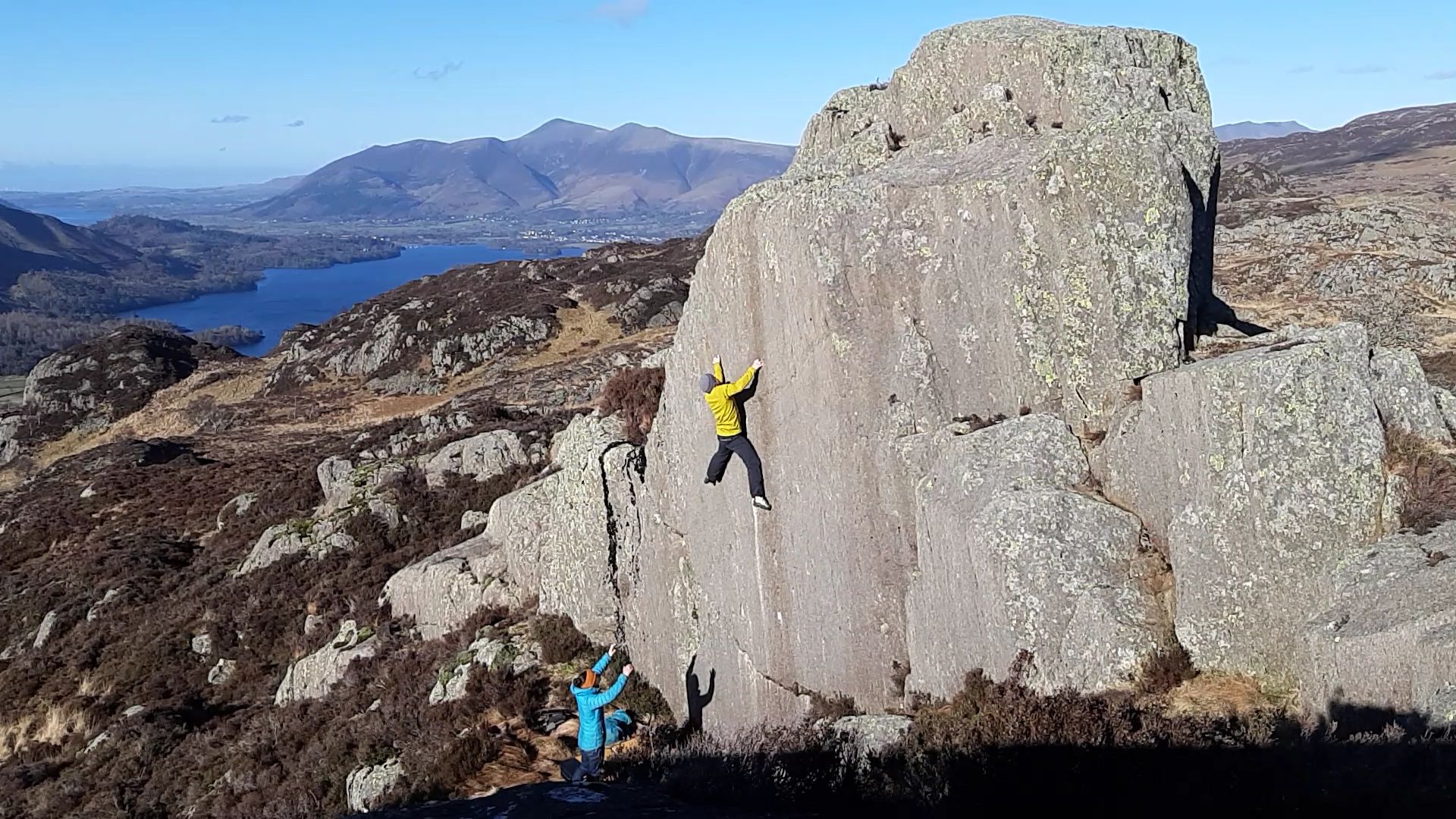
What is the benefit to becoming a fully-qualified Performance Coach?
The greatest benefit was receiving critical feedback on my coaching practice from the assessors. It's hard to get such high value feedback as a coach, so it was really helpful hearing their thoughts on my portfolio and the session they observed. This feedback has allowed me to continue improving as a coach ever since.
What was the most important thing you learned in the assessment process?
We all have a unique 'coaching fingerprint' and achieving excellence as a coach is about improving and refining your personal approach, not changing to be the same as other great coaches.
How has becoming a performance coach shaped your coaching practices?
The whole process from training to assessment opened my eyes to many different approaches to coaching. These have spurred me to broaden my own knowledge and practices over the years since, with further studying, qualifications and collaborative work.
